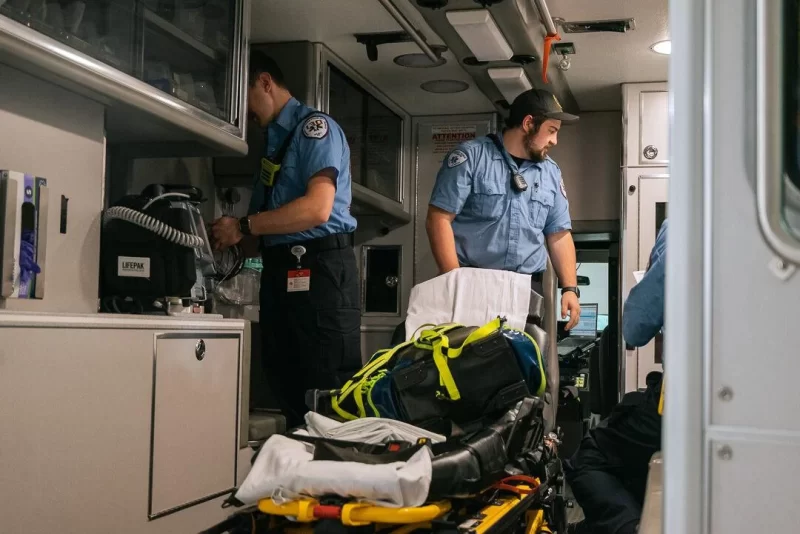By Anthony Hennen | The Center Square
(The Center Square) — As EMS workers warn of a systemic struggle to recruit people and find financial stability, the Pennsylvania General Assembly is considering tax credits.
A proposed bill follows the idea of offering tax credits to teachers, nurses, and police officers to keep them in the commonwealth.
That bill, as The Center Square previously reported, would give a $2,500 tax credit for three years, with an estimated fiscal impact of $225 million through 2027, before it sunsets and winds down in 2028. It passed the House in June and awaits action in the Senate.
Rep. Joe Hogan, R-Penndel, has proposed House Bill 1557 that would give the same tax credit to EMS workers and firefighters. Active paid or volunteer workers would qualify for the credit, which would also expire in 2028.
As you may know there is a severe shortage of paid and volunteer firefighters as well as a severe shortage of Emergency Medical Service personnel, and I believe that a tax credit similar to what is proposed for police officers would go a long way to help entice individuals into these fields as well as help retain the people already (performing) these critical duties,” Hogan wrote in a legislative memo.
The bill awaits action in the House Finance Committee.
EMS leaders have warned of problems with the state’s first response system that goes beyond wages and tax status. Low reimbursement rates and funding, in the eyes of a Crawford County Commission, means the EMS system will “collapse,” as The Center Square previously reported.
In May, a fire chief told the House Democratic Policy Committee that stagnant and reduced funding “baffled” him in the face of rising costs and manpower issues.
In June, testifiers at a Senate Health and Human Services hearing warned of an “adversarial” state EMS bureau that has “failed” to coordinate a unified system and creates barriers to care.
The House and Senate both passed House Bill 479 in June, which reimburses ambulance services for every mile they drive (instead of requiring a minimum of 20 miles before reimbursement), but long-standing issues remain for funding and attracting more workers into the emergency response field.
